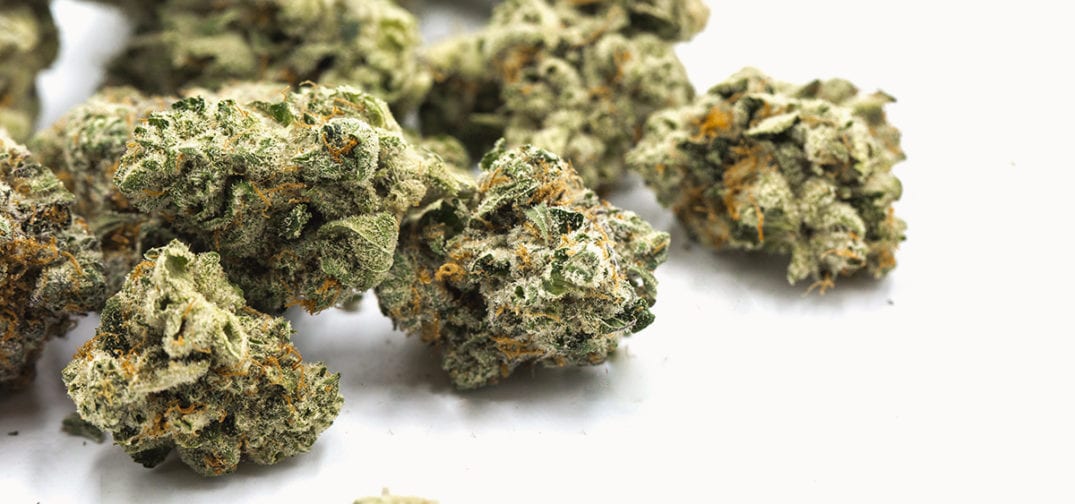Minnesota’s Red Lake Nation plans to vote on Wednesday whether to legalize medical cannabis and, if approved, the tribe would be the only one in the state with a medical cannabis program that allows flower, the Duluth News Tribune reports. Medical cannabis is legal in Minnesota; however, the state only allows liquids, pills, or vaporized forms.
Chippewa Cannabis Party member Kevin Jones Jr. said the group hopes a successful referendum leads, eventually, to broad recreational legalization. The party worked 18 months to collect 2,500 signatures to get the medical cannabis issue on Nation ballots, he said. The tribal council approved adding the question to ballots in February.
Jones indicated he visited other tribal nations where medical cannabis had been legalized and found that they’d experienced a reduction in opioid overdoses.
“That’s something that I want to really fight for. I don’t like those hard drugs – they took my family members. If this passes, this is going to make a big change here in Red Lake Nation. There’s going to be a lot of changes to come with this.” – Jones in an interview with the News Tribune
Jones is also running for a four-year term as Redby representative under the Cannabis Party banner and said that if he and other party members were elected to the council, they would push for full recreational legalization within 30 days.
Native American tribes throughout the U.S. have mixed cannabis policies. In 2015 the Menominee Indian Reservation in Wisconsin – the only tribe in the U.S. to be held to federal law – approved an “advisory” vote to legalize medical cannabis but the tribal chairman has not moved forward on the issue.
In Washington, the Suquamish Tribe and Squaxin Island Tribe have both legalized cannabis internally and in 2015 signed 10-year compacts with the state Liquor and Cannabis Board. The Squaxin Island Tribe operates the cannabis dispensary Elevation. The Puyallus Tribe runs a dispensary in Fife – which does not allow cannabis sales but the tribe operates outside of the city’s jurisdiction. The Port Gamble Band of S’Kallam Indians entered a compact with Washington to sell cannabis on its land in 2018. The Yakama Nation, however, opposed legalization in the ten counties that contain tribal lands following broad legalization in the state.
In January, Oklahoma’s Cherokee Nation – the largest tribe in the U.S. – announced a tribal “Executive Work Group on Hemp, Cannabis and Related Opportunities” which aims to make recommendations on internal tribal policies, consider the role cannabis could have in the tribe’s healthcare system, and make recommendations on hemp and cannabis cultivation and use. The results of that study are expected at the end of the month.
Get daily cannabis business news updates. Subscribe
End
